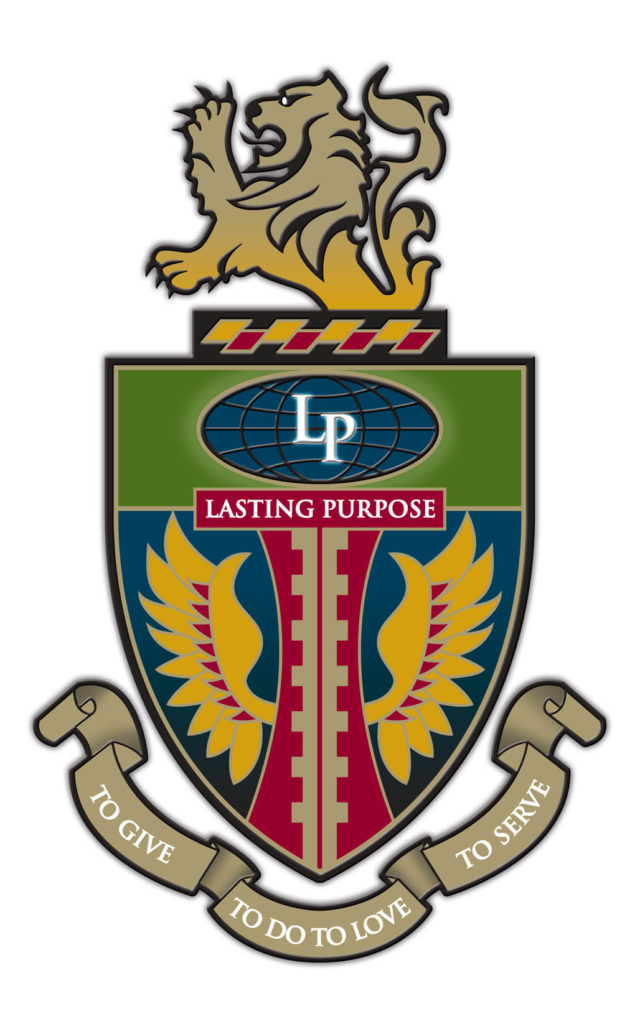Appeal Process
Appeal Process
Student Conduct Appeal Process
An appeal must be submitted in writing and must be received by Conflict Resolution and Accountability within five (5) business days of the date of notification of the Administrative Hearing Officer or CRB‘s decision. An extension to this deadline may be granted at the sole discretion of Conflict Resolution and Accountability. Conflict Resolution and Accountability shall then refer the appeal to the appellate officer.
A decision on an appeal may not be rendered until the filing deadline has passed. Appellate decisions should be rendered, and proper written notification provided to Conflict Resolution and Accountability no later than five (5) business days after the filing deadline. Conflict Resolution and Accountability shall notify all respondents and appropriate other parties of the results of the appeal.
- Appellate Officer. The appellate officer shall be the Associate Vice President of Academic Affairs for academic misconduct violations and the Associate Vice President of Student Affairs for all other conduct violations or their designees.
- Appeal Criteria. Appeals shall be considered only in the following circumstances:
* The existence of procedural errors so substantial that the respondent was denied a fair hearing;
* A finding of fact by the Administrative Hearing Officer or CRB clearly not supported by the evidence;
* The imposition of a sanction that is disproportionate, arbitrary and/or capricious.
* New information exists that was not available at the time of the hearing.
- Available Actions. The appellate officer is limited to taking one of the following actions for each respondent:
* Affirm the finding(s) of fact and sanctions imposed by the Administrative Hearing Officer or CRB.
* Affirm the finding(s) of fact but modify the sanction(s) imposed.
* Remand the complaint for a new hearing before a new hearing body.
Under no circumstances shall the appellate officer supplant the function of the Administrative Hearing Officer or CRB; the appellate process exists solely to review the procedures used in disciplinary proceedings, and not to re-hear a complaint in its entirety.
The decision of the appellate officer is final.
